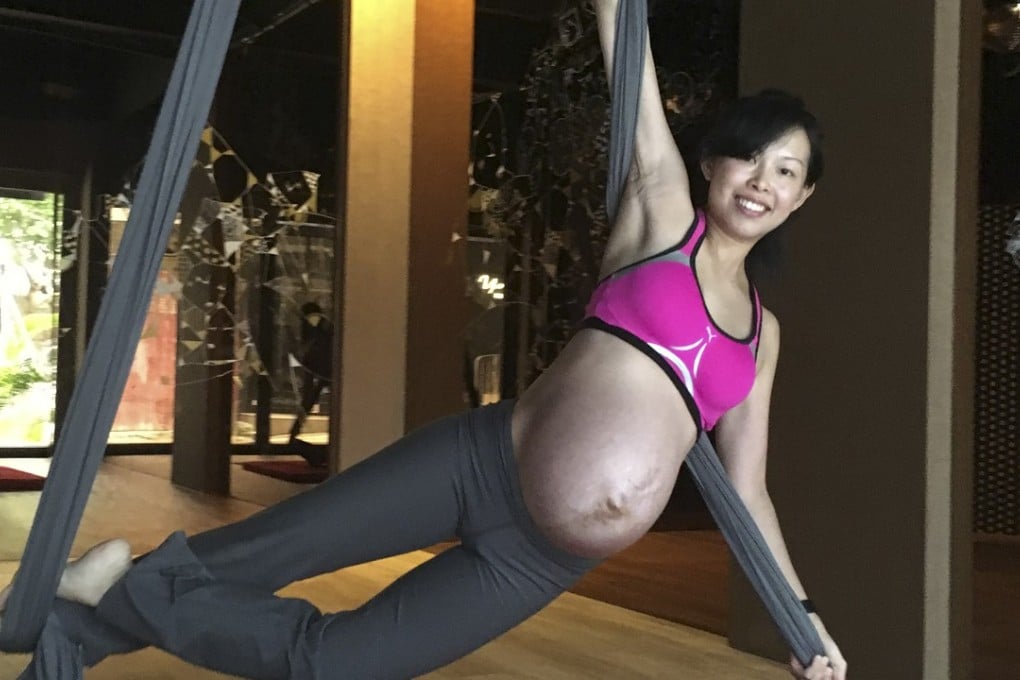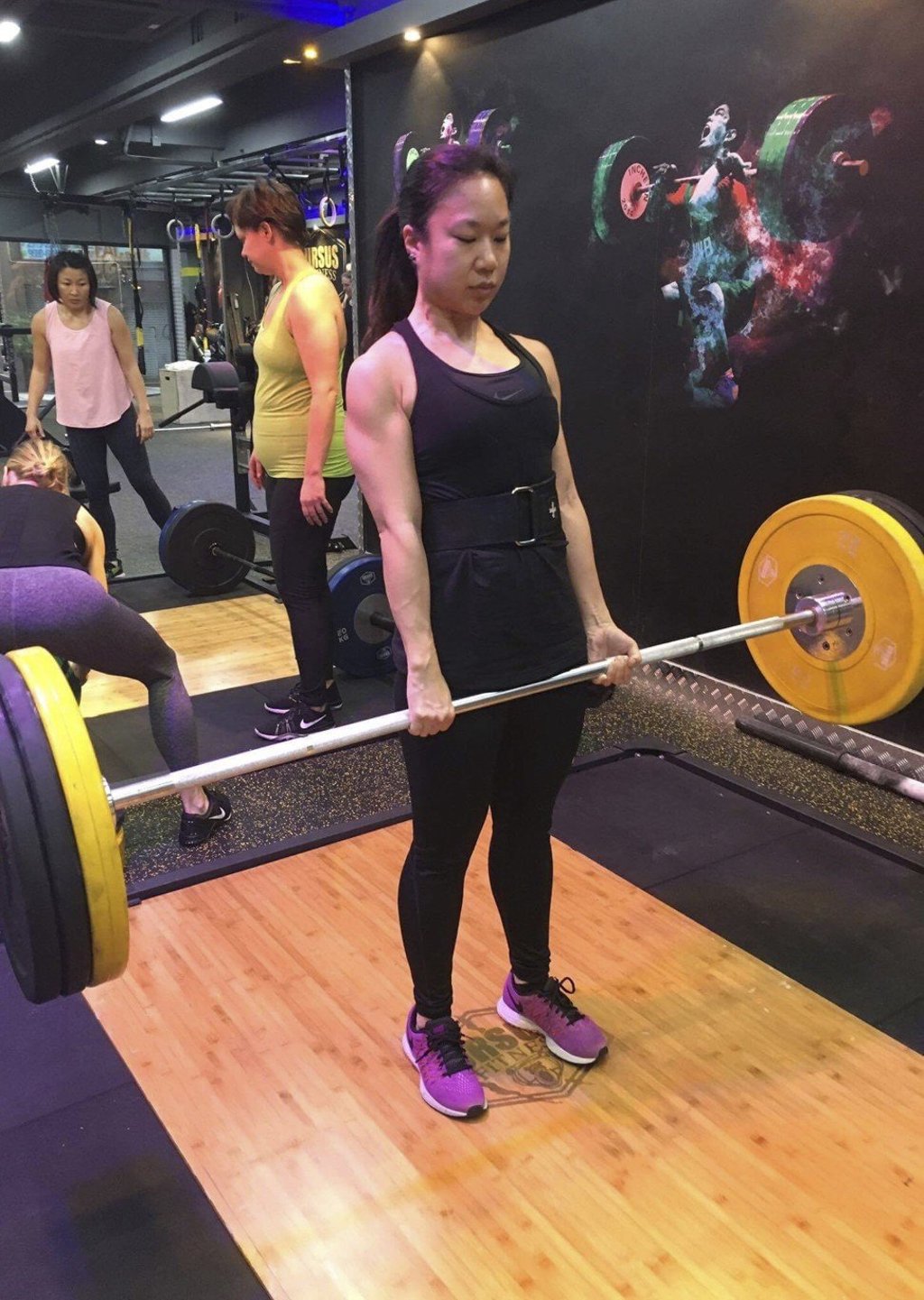Why pregnant Hongkongers should exercise, and which workouts are recommended
Pregnant women in Hong Kong are often told by mothers-in-law and even some doctors that exercise puts them and their baby in danger. Experts disagree, however, saying working out is beneficial to both mother and baby

Last year, tennis great Serena Williams won the Australian Open while she was in the early stages of pregnancy, news that made headlines worldwide. Many lauded the 23-time singles Grand Slam champion for putting fitness during pregnancy in a positive light.

Plenty of expectant mothers continue to surf, judging from the stunning Instagram shots of Bethany Hamilton, the American pro surfer who lost her left arm in a 2003 shark attack, California native Caity Griffin, and others.
Despite strong evidence suggesting exercise can be advantageous for expectant mothers and their unborn babies, Hong Kong women find themselves told not to take part in such activities. Well- meaning mothers-in-law and even local doctors warn that strenuous workouts could harm the baby, induce early labour, or even trigger a miscarriage.

“These stereotypes [are thrown at you], that when you’re pregnant, you should lie down, take it easy, and, in terms of exercise, only do yoga or swimming,” she recalls. The 32-year-old says such outdated beliefs persist in the Asian community.